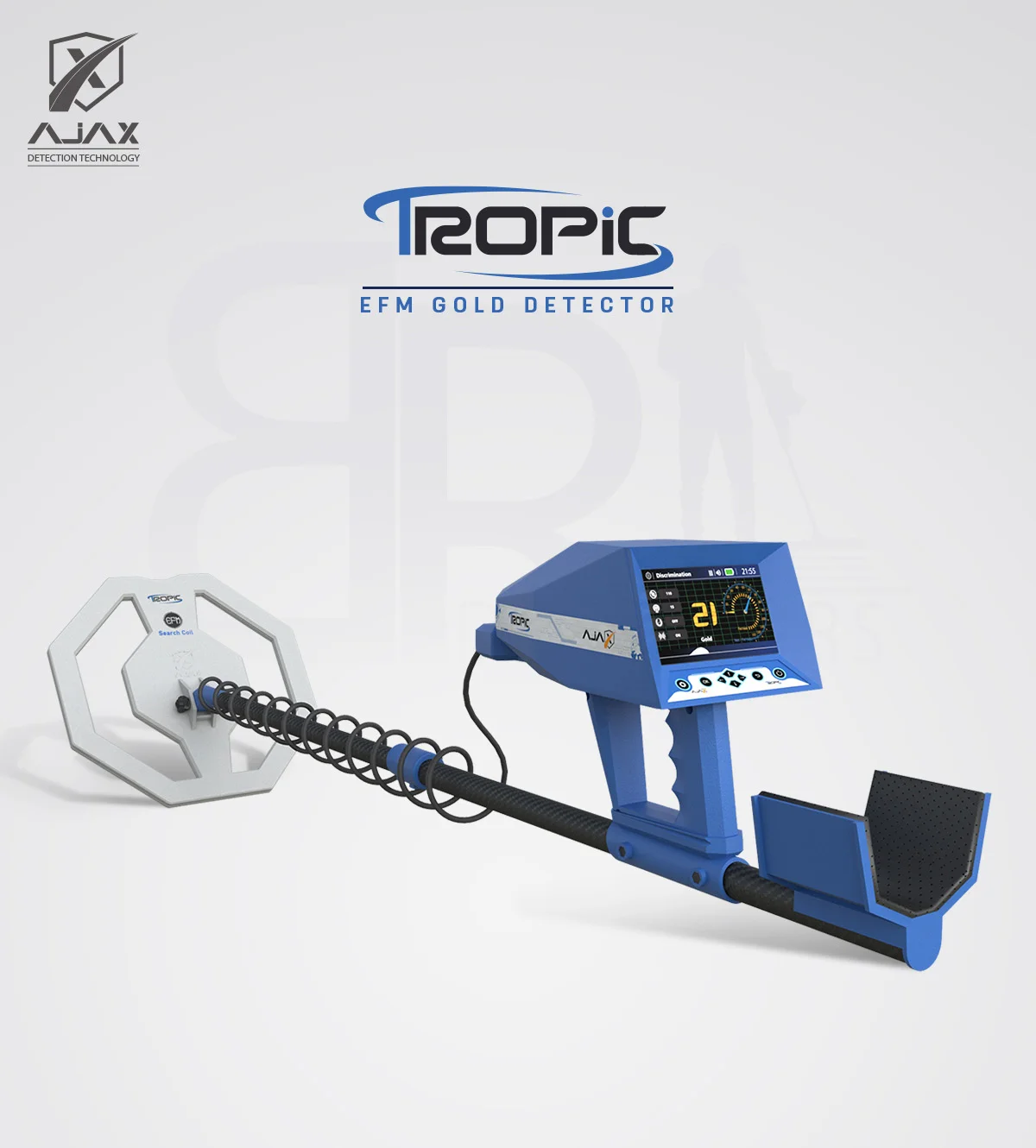Nissan Maxima Engine Oil Capacity: Everything You Need to Know
Owning a Nissan Maxima offers a blend of performance, comfort, and reliability. To ensure your vehicle continues to operate at its best, regular maintenance is crucial. One of the most vital aspects of this upkeep is understanding the engine oil capacity and specifications. This knowledge not only helps in maintaining engine health but also ensures optimal performance and longevity.
Understanding Engine Oil Capacity
Engine oil plays a pivotal role in lubricating the engine’s moving parts, reducing friction, and preventing overheating. Each vehicle model has a specific oil capacity, which refers to the amount of oil required to fill the engine and its associated components. For the Nissan Maxima, this capacity varies slightly across different model years and trims.
Nissan Maxima Oil Capacity by Model Year
2023 Model
For the 2023 Nissan Maxima equipped with the 3.5L V6 engine, the oil capacity is approximately 5.1 quarts (4.8 liters) when including the oil filter. It’s essential to use the recommended oil type to maintain engine performance and efficiency.
2022 Model
The 2022 Nissan Maxima also utilizes the 3.5L V6 engine, requiring about 5.1 quarts (4.8 liters) of oil with a filter change. Adhering to the manufacturer’s specifications ensures optimal engine performance.
2021 and Earlier Models
Earlier models of the Nissan Maxima, such as the 2021 and 2020 versions, share similar oil capacities. Typically, these models require around 5.1 quarts (4.8 liters) of oil with a filter change. Always refer to the owner’s manual for the exact specifications for your specific model year.
Recommended Oil Type and Viscosity
Selecting the correct oil type and viscosity is crucial for engine protection. For most Nissan Maxima models, the recommended oil type is full synthetic 0W-20. This oil grade provides excellent performance across a wide range of temperatures and driving conditions.
Using the specified oil type ensures that the engine receives proper lubrication, reducing wear and tear, and enhancing fuel efficiency.
Importance of Regular Oil Changes
Regular oil changes are vital for maintaining engine health. Over time, engine oil breaks down and loses its effectiveness, leading to increased friction and potential engine damage. By adhering to the recommended oil change intervals, you ensure that your engine operates smoothly and efficiently.
How to Check Engine Oil Level
Checking the engine oil level is a straightforward process:
- Park on a Level Surface: Ensure the vehicle is on a flat surface to get an accurate reading.
- Turn Off the Engine: Allow the engine to cool for a few minutes before checking.
- Locate the Dipstick: Find the dipstick, usually marked with a bright handle.
- Remove and Clean: Pull out the dipstick, wipe it clean with a lint-free cloth, and reinsert it fully.
- Check the Level: Remove the dipstick again and observe the oil level. It should be between the minimum and maximum marks.
If the oil level is low, add the recommended oil type gradually, checking the level frequently to avoid overfilling.
Signs of Oil Problems
Be vigilant for signs that may indicate oil-related issues:
- Oil Pressure Warning Light: Illuminates when oil pressure is low.
- Engine Noise: Unusual knocking or tapping sounds can signify insufficient lubrication.
- Excessive Exhaust Smoke: Blue smoke may indicate burning oil.
- Oil Spots: Puddles or spots under the vehicle could suggest oil leaks.
If you notice any of these symptoms, it’s advisable to consult a professional mechanic promptly.
Understanding the engine oil capacity and specifications for your Nissan Maxima Engine Oil Capacity is essential for maintaining its performance and longevity. Regular oil changes, using the recommended oil type and viscosity, and being attentive to any signs of oil-related issues will ensure that your Maxima continues to deliver a smooth and reliable driving experience.
FAQs
Q1: How often should I change the engine oil in my Nissan Maxima?
A1: It’s generally recommended to change the engine oil every 5,000 to 7,500 miles, depending on driving conditions and the type of oil used. Always refer to your owner’s manual for specific intervals.
Q2: Can I use a different oil viscosity than 0W-20?
A2: While 0W-20 is the recommended viscosity for most Nissan Maxima models, it’s essential to consult your owner’s manual before using a different viscosity to ensure compatibility with your engine.
Q3: Is it necessary to replace the oil filter with every oil change?
A3: Yes, replacing the oil filter during each oil change ensures that contaminants are effectively removed from the engine oil, promoting engine longevity.
Q4: Can I perform an oil change myself?
A4: If you’re familiar with vehicle maintenance and have the necessary tools, you can perform an oil change. However, if you’re uncertain, it’s best to have a professional handle it to avoid potential issues.
Q5: What should I do if I accidentally overfill the engine oil?
A5: Overfilling can lead to engine problems. If you suspect overfilling, it’s advisable to drain the excess oil or consult a mechanic to rectify the situation.




